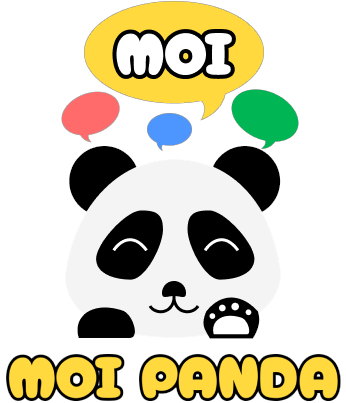How To Make Your Children More Human In The AI Era
For half of this year, AI has dominated every aspect of our lives, from the large-scale business of multinational corporations to the personal tasks of individuals. AI has evolved from a buzzword to the next big thing that will transform our way of life. The rise of AI technology has brought numerous dazzling innovations to many industries but has also introduced certain unavoidable problems. Many individuals are concerned that the advancement of AI may replace the human workforce in a variety of industries, jeopardizing the livelihoods of many employees.
Concerns regarding the impact of AI on education
As an employee of a fast-growing EdTech startup, I am genuinely concerned about how AI will change the way children learn. I am excited about the endless possibilities AI can provide for children's academic growth, but I am worried that AI will undermine their abilities to brainstorm autonomously.
News about students creating their homework on ChatGPT has been widely publicized, as has the misuse of AI. Many people dispute the need to train certain skills when AI can pass medical license examinations, law school courses, and an operations management MBA course. These tests are widely used as entry exams for high-paying positions such as doctors, attorneys, and consultants. What is more astonishing about Generative AI is its ability to create paintings and songs that were traditionally thought to be safe havens for human creativity.
What is the human advantage over AI?
Despite the excitement surrounding artificial intelligence, humans have at least one irreplaceable trait: interpersonal skills. This reminds me of my experience five years ago. In 2018, I went to Singapore as a journalist for a Korean newspaper to cover the North Korea-US summit. I needed to locate partners in local newspaper firms to do in-depth coverage. While cold-emailing all the newspaper entities, I discovered that a staff reporter at one of the papers we contacted was a personal acquaintance of mine. He was a student I met on my exchange in Singapore, and we became friends while studying together. I could easily arrange a partnership with one of the influential local newspapers thanks to his connections.
AI may excel at copying humans’ diverse abilities, such as writing hundreds of articles or sketching amazing artwork, but it clearly cannot mimic our social skills. When making important decisions, we frequently witness the power of human connections. Relationships formed through interaction often have a greater and longer-lasting influence than thousands of written reports and PowerPoint slides. That is what distinguishes us as humans.
Children need to learn both AI and human skills
In this rapidly changing environment, I certainly believe children need to possess skills to make the best use of AI. On top of that, kids also need to learn human skills to make AI human-centric rather than relying primarily on it. Moi Panda is the best app for children to develop human skills by engaging with diverse friends, sharing their cultures, and learning different languages. AI is a tremendous technological advancement, but we should remember that the goal of AI is to improve the quality of human lives, not to improve itself. It is our responsibility to teach children how to use AI to make their lives more convenient and efficient while maintaining their competitive advantages as humans.
Minsu Kang, Business Development at Moi Panda


